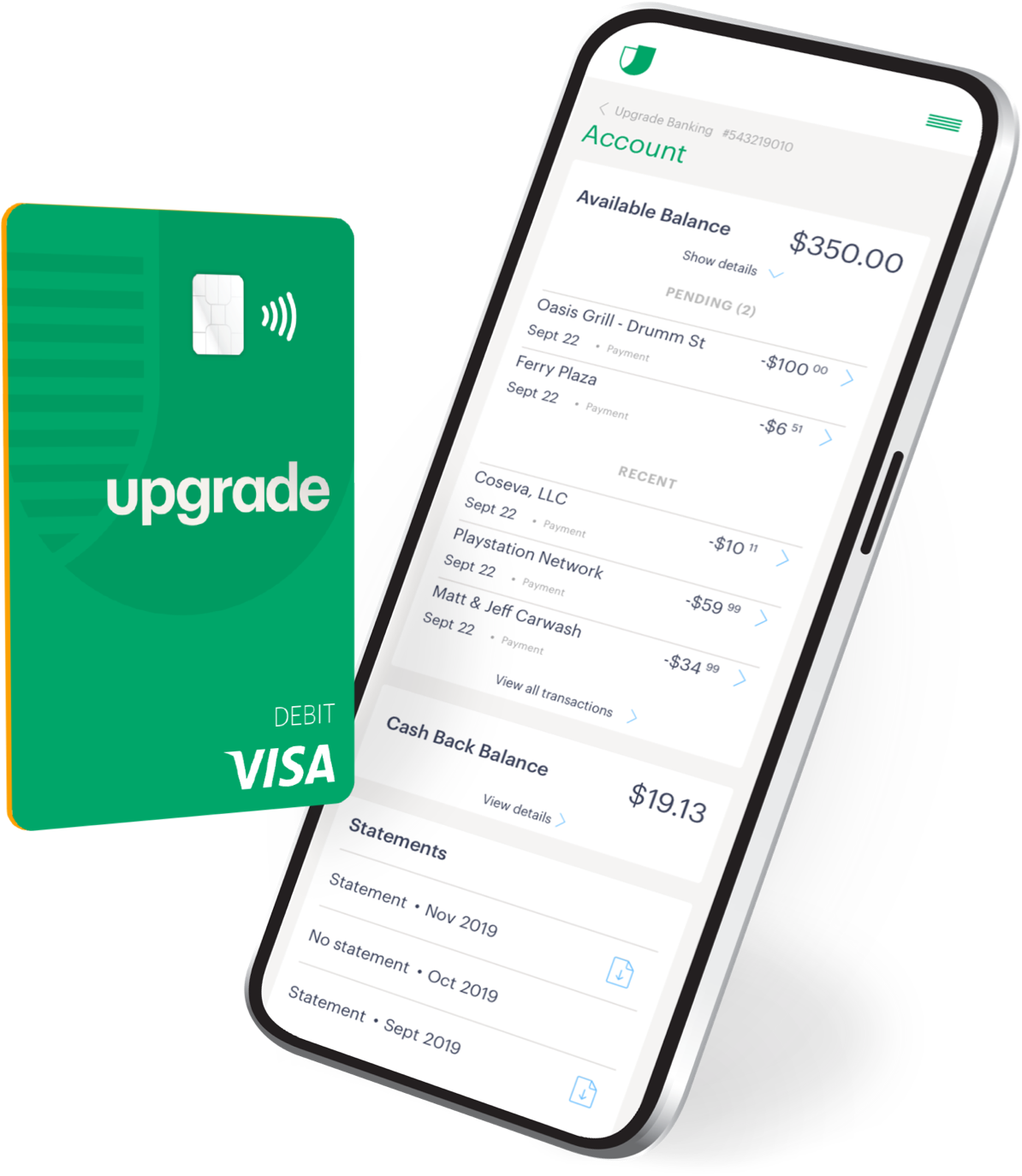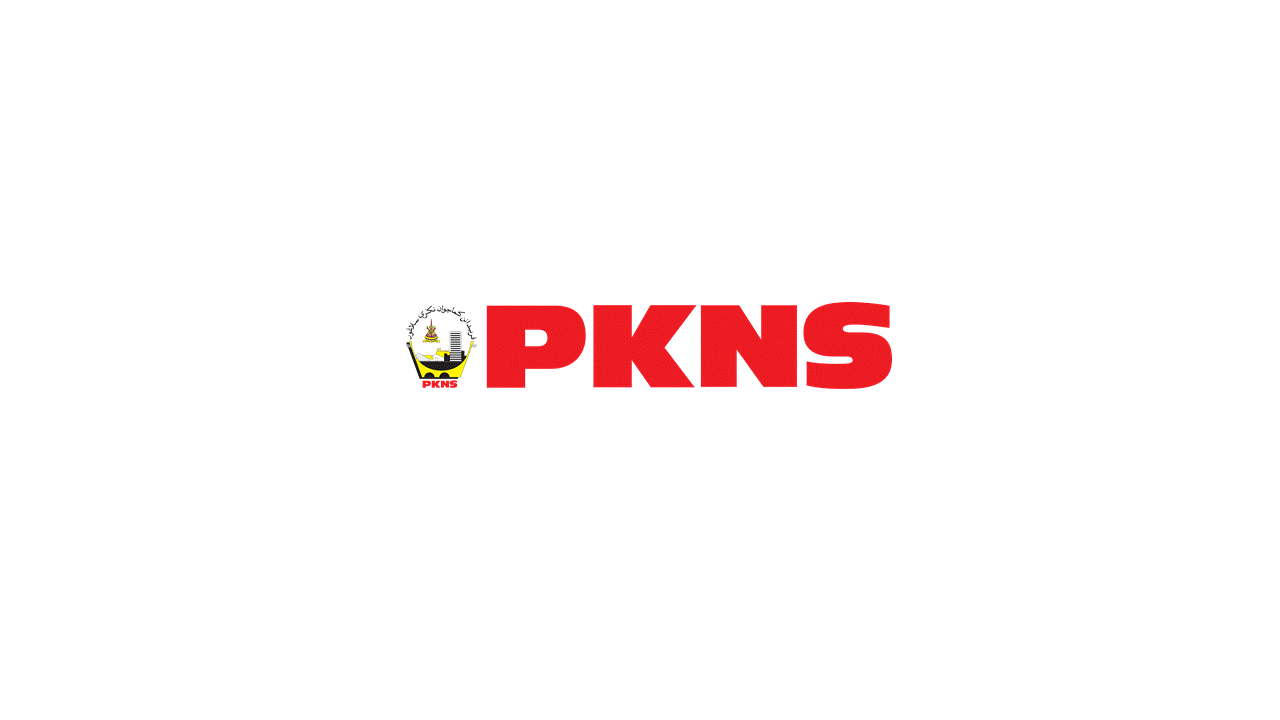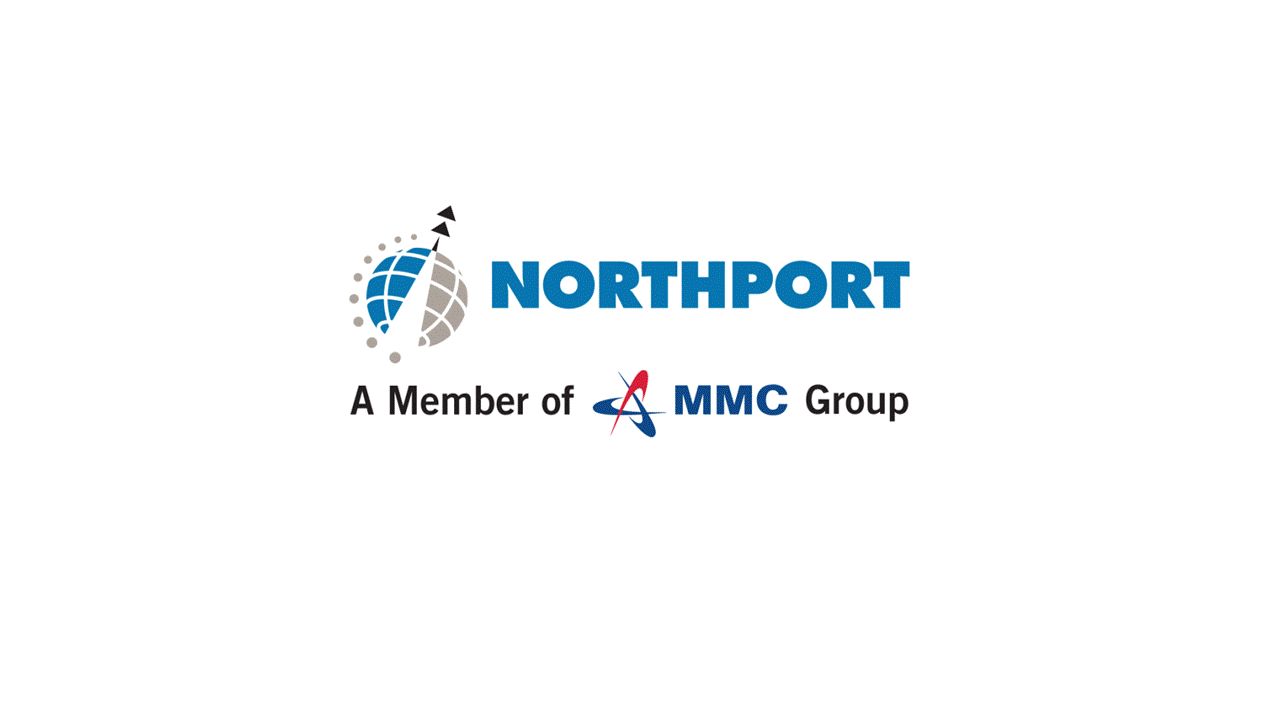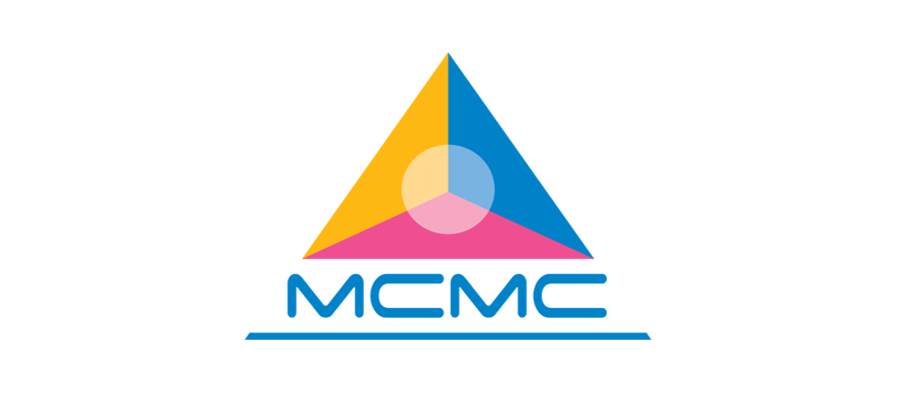News: Carbyne raises $25M for a next-generation platform to improve emergency 911 responses
Emergency services continue to be a major force when it comes to coping with the Covid-19 health pandemic, and today a company that is building technology to help them run better is announcing a round of funding to continue expanding its business. Carbyne — an Israeli startup that has built a cloud-based platform aimed at
Emergency services continue to be a major force when it comes to coping with the Covid-19 health pandemic, and today a company that is building technology to help them run better is announcing a round of funding to continue expanding its business.
Carbyne — an Israeli startup that has built a cloud-based platform aimed at emergency services to help them pinpoint more complete information about the people who are calling in, and to provide additional telemedicine services to start responding faster — has picked up $25 million.
The plan will be to take the service — which was already seeing strong growth before the pandemic — to the next level in terms of the technology it is building and the markets and organizations it is serving.
“Carbyne was not founded last year: we were already pushing cloud services and video and location to 911 for quite a while and had served 250 million people before the pandemic,” said Amir Elichai, the CEO, in an interview. “But cloud solutions for emergency services went from nice to have to must have with Covid.” The company has partnerships with public health providers as well as with groups like CentralSquare and Global Medical Response (GMR), and says that in the U.S. it is on target to cover some 90% of the market.
The Series B1 is being led by Hanaco Ventures and ELSTED Capital Partners, with former CIA Director General David Petraeus, Founders Fund, FinTLV, and other past investors also participating.
The fact that this is a B1 round points to more funding on the way for the company in coming months. In any case, the $25 million is more than the company had planned to raise.
“The plan was to raise $15 million in 2020. After Covid started I decided we didn’t want to let anyone go, but we didn’t know what the situation would be. So we cut salaries instead across the board,” said Elichai. “But then we started to double revenues starting in Q2, and then in Q3 and Q4 grew 160%. It was straightforward to raise this money.”
The funding is coming on the heels of very strong growth for the company, in particular in the last year.
Carbyne’s services now cover about 400 million people, with a new implementation launching every 10 days since March of last year.
Elichai, who co-founded the company with Alex Dizengoff (CTO) and Yony Yatsun (engineering lead), said in an interview that in the last nine months, Carbyne has provided some 155 million location points to emergency medical services teams. Newer products are also growing. The services for EMS teams to provide help remotely have racked up 1.3 million minutes of video in that time, he said.
From what we understand, the funding puts Carbyne’s valuation at over $100 million. Although Elichai declined to give a specific figure, for some context, the company was valued at “around” $100 million when it last raised in 2018, a $15 million round that marked the first time that Founders Fund had invested in an Israeli startup.
The growth of the last year, and the ongoing demands on the business, point to that “over” being strong. Indeed, since its last round, the world at large, and the startup itself, have undergone some significant changes.
2018 and whatever dramas we were experiencing back then now feel like a distant, almost halcyon?, past when compared to some of the crises of the moment. One in particular, the coronavirus pandemic, has a direct connection to Carbyne.
Covid-19, the illness the results from the virus, has proven to be a pernicious and dogged ailment, often hitting people with its most dire and serious symptoms — the inability to breathe and organ failure — just when they start to think that they might be recovering. (Of course, that’s not the case for everyone, thankfully, but still it happens much too often to ignore.)
That has put a huge strain on emergency response services, from those that are fielding initial callouts, through to those making first contact with patients, and those at the hospitals bringing in and caring for the most serious cases. In many cases, those working these services have been stretched to overcapacity. The situation in many cities is nothing short of dire.
Carbyne’s technology has come into its own as a way not just to help those people do their jobs better by providing them with more data, but by becoming a means to those services channelling data back to those people calling in.
In the last couple of years, the company has undergone some significant shifts in how it delivers its services: when I covered the startup’s last funding round in 2018, for example, it provided some services directly to EMS organizations, but mainly it needed users to install an app, or provide that technology through another app, in order to work. Now, Elichai says that the company has integrated some location services from companies like Google to remove the need to use an app to connect users to its platform.
Similarly, the startup has taken a strong lead in how it collaborates with municipalities not just to provide services to make their operations more efficient, but to help offset them getting overwhelmed. A project in that vein was a recent undertaking in New Orleans, which Elichai said played a part in helping the city from really buckling under and managing the Covid-19 outbreak. More on that here:
Longer term, in countries like the US and elsewhere, there is a strong argument to be made for a lot of legacy services in 911-style emergency response finally getting the updates they have needed for years.
Specifically, earlier this month, a $1.5 trillion infrastructure bill approved in Congress earmarks $12 billion in funding for next-generation 911 deployments.
Carbyne believes that by 2023, it will be serving some 1.5 billion people, and it’s moves like this in the U.S. that point to why that might not be so far-fetched, Covid-19 or not.


























